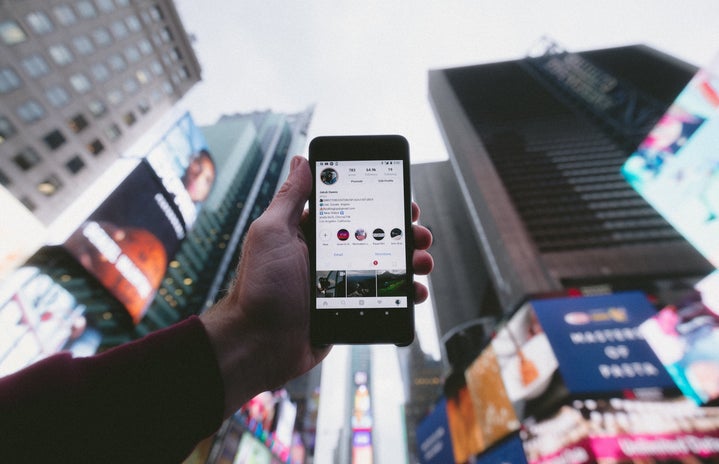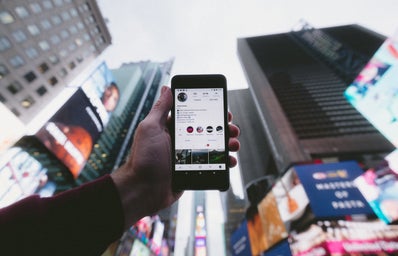Baghdad, Paris, Beirut, and so many more. Last week, we saw an onslaught of tragedies across the globe followed by an outpour of love and support for the victims and survivors of these unspeakable atrocities. But to what effect?
Support has appeared largely on social media platforms like Facebook and Twitter, adhering to today’s increasingly prevalent trend of “hashtag activism.” Once a seemingly trivial platform, social media has gained traction in recent years as a tool for social change. Despite its undeniable role in redirecting conversations, it simultaneously raises questions about the viability of social media as a sustainable force for change.
The recent attacks have spurred social media users to share messages and photos of solidarity. However, these messages have been directed mostly towards Paris, with #PrayforParis generating over 10 million hits and #PrayForBeirut gaining only 800,000. To add to this, Facebook has allowed users to temporarily adjust their profile pictures, adding a French flag filter, and speaking to the selective grief our society participates in.
The aforementioned has sparked international backlash on the disproportionate media coverage of the Paris attacks. And while many have fervently critiqued this selective grief, others have drawn parallels between these critiques and the #AllLivesMatter movement, calling these critics “attention hijackers.” Coining the term, Jamiles Lartey concludes his argument on Twitter with the following:
While the disparities in media coverage are apparent, diminishing the grief of those mourning cannot be tolerated. But what kind of conversations have these controversies online produced?
The back and forth between various sects of social media activists brings the passivity of some to light. Today more than ever, we are susceptible to a “bandwagon effect” where the rate at which individuals join trending conversations online increases as more people contribute. The trending feature is both a blessing and a curse in its functionality. It brings immense public attention and support for a select issue. It may also prevent other issues from breaching the dominant public discourse.
As an unregulated media source, on which untrained individuals may post what they please, social media serves as both a democratic platform and a breeding ground for misinformation.
This was best exemplified through the confusion over the April 2015 attack in Garrissa, Kenya, when Somalia-based terrorist organization, al-Shabaab, stormed Garissa University killing at least 147 people. As the discourse on Eurocentric media coverage escalated in the wake of the Paris attack, people began to bring up previous news stories that received a poor international response, like Garissa. Suddenly BBC’s story on the tragedy went viral with 7 million clicks last Sunday. While the horrendous attack occurred in April, many who shared the story were deluded into believing this was just another terrorist attack in the recent stream of attacks.
We must acknowledge that within today’s shifting media landscape, social media has become increasingly important in constructing our perceptions and understanding of the world. Now an integral part of our daily media intake, the status of social media as a news source has risen to those of traditional media outlets. The key distinction is that the public owns this online platform, meaning it can be used to disrupt the power structures deeply embedded in our media institutions. But only when used responsibly.
Participating in social media in a political capacity makes us complicit in the spread of misinformation it can facilitate. Particularly when we share months-old news stories with no context or description.
There is no room for this type of passivity on social media. Being a social media activist requires addressing the vulnerabilities of social media as a reliable news source by fact checking and sharing content of relevance because it can be too easy to give in to the pitfalls of digital activism.
Whether we’re critiquing the global power imbalances perpetuated by international media houses or highlighting the problematic nature of diminishing the tragedy in Paris, a critical lens is crucial to productive contributions online. At the end of the day, we have the power sway the conversation within our own social networks by reframing issues, highlighting important stories, and being active in our activism. Use that power.


